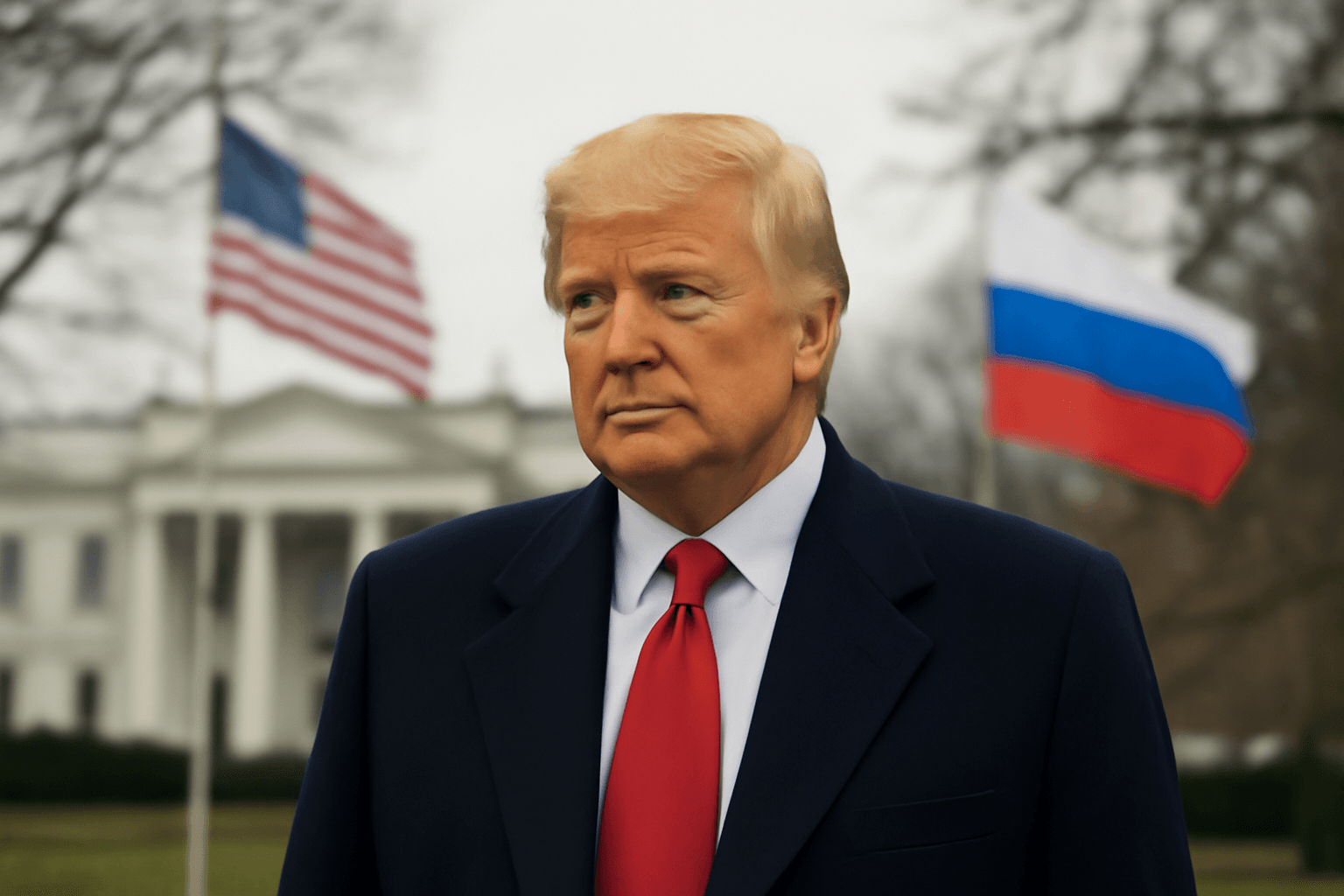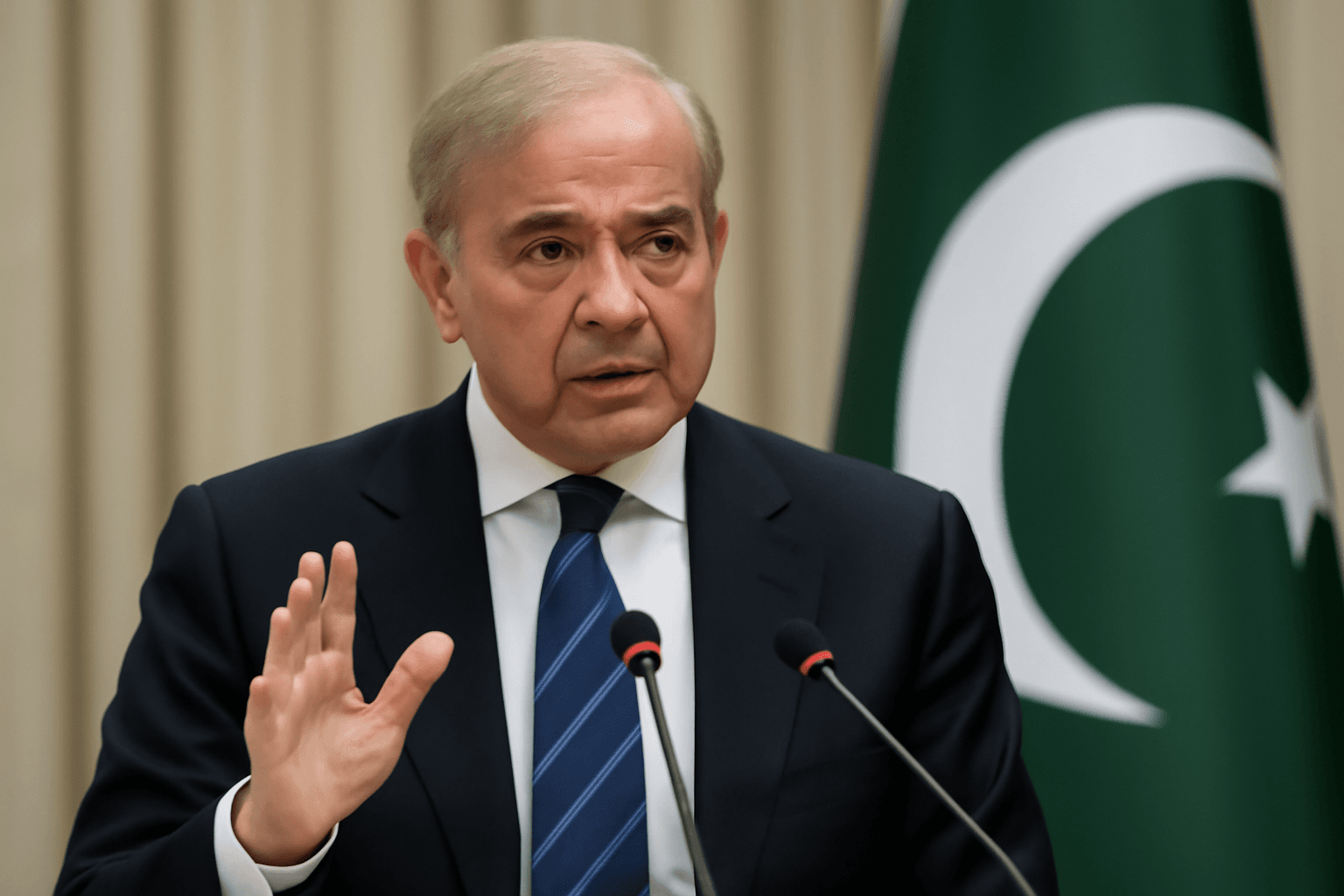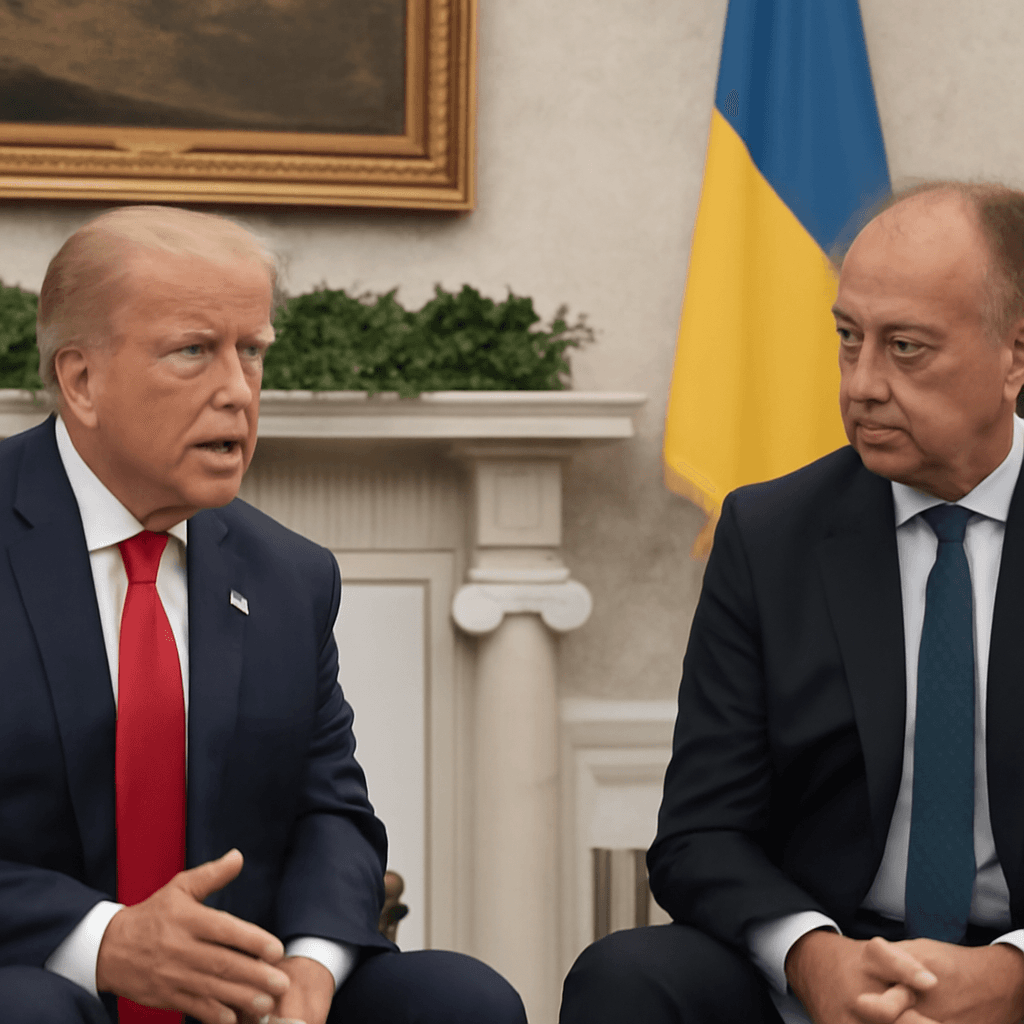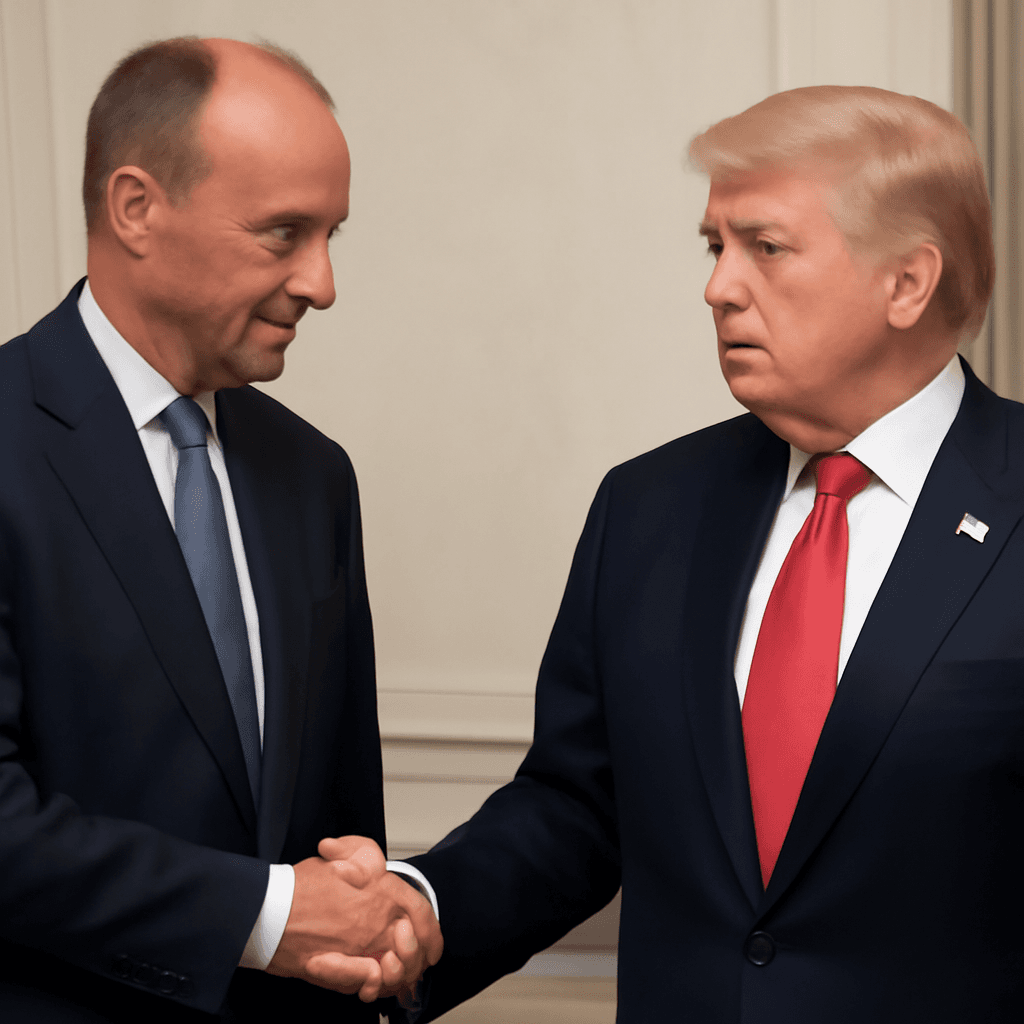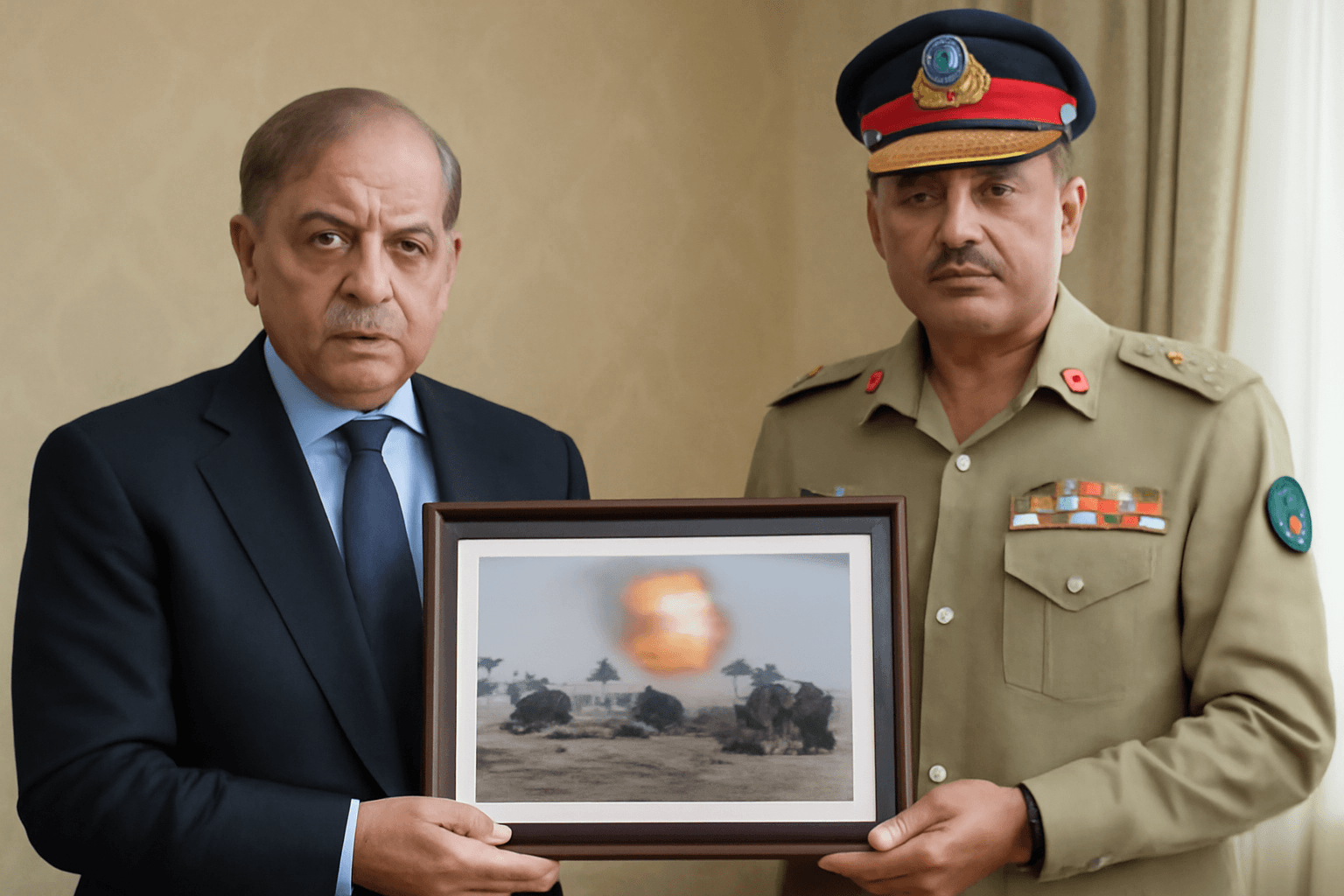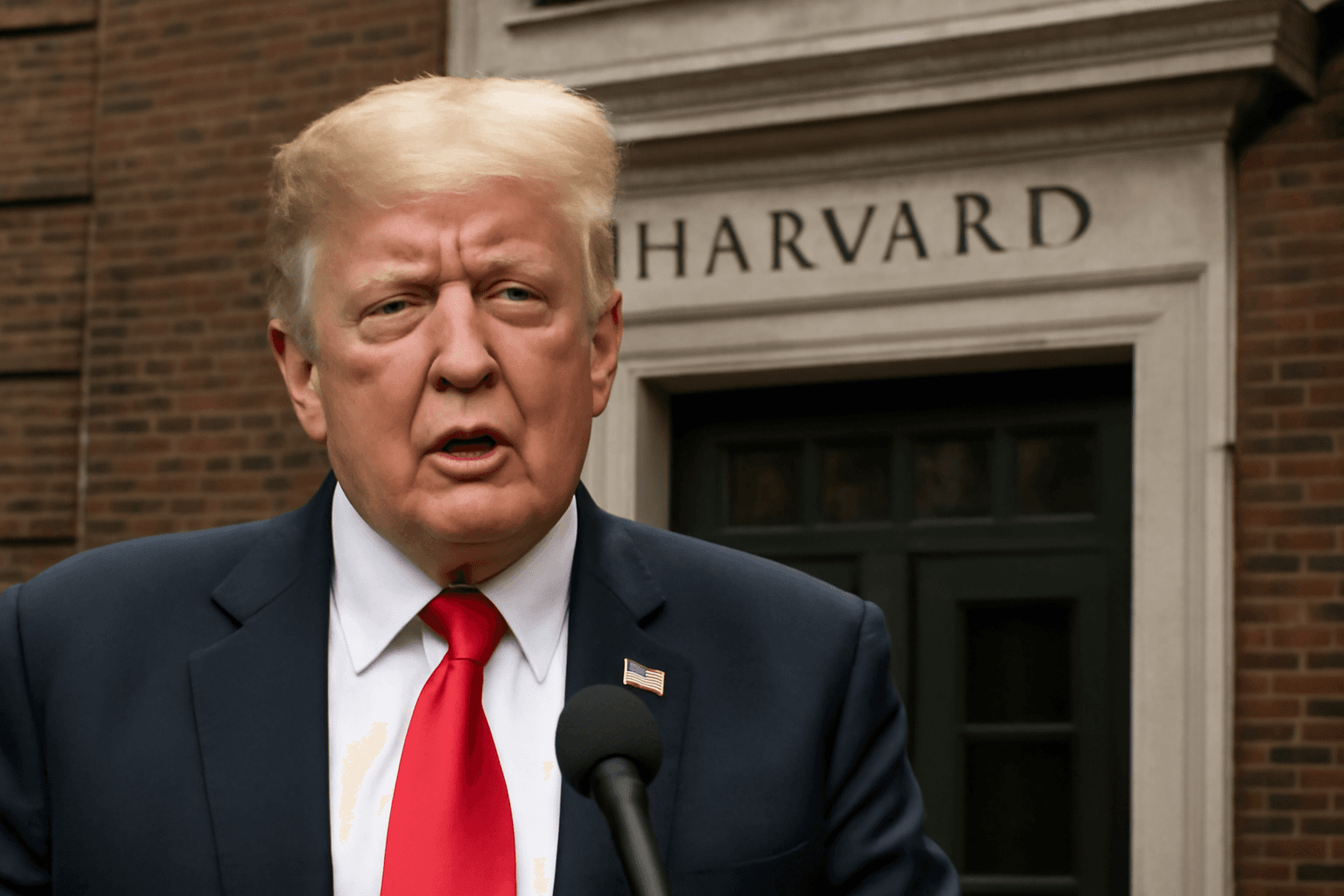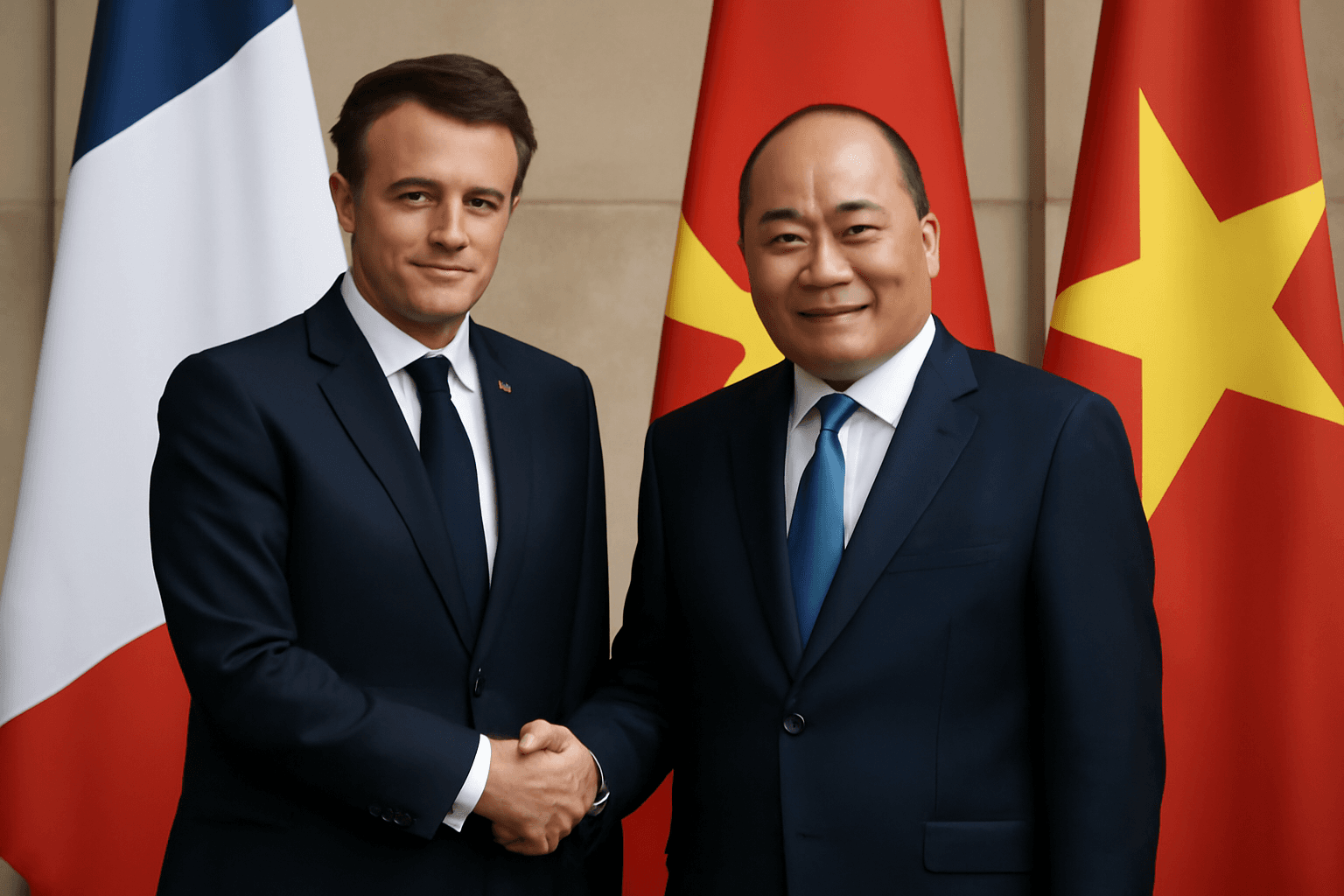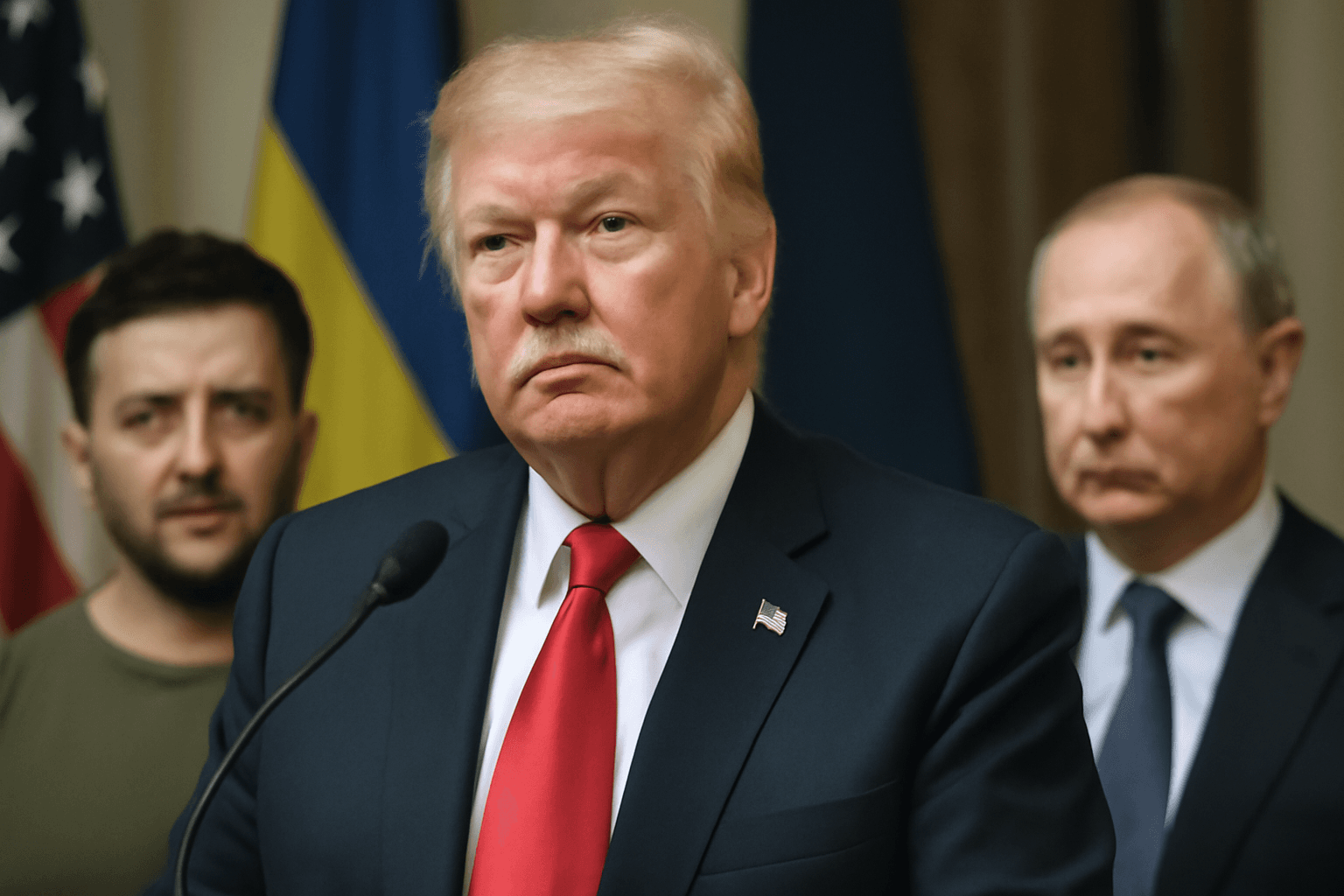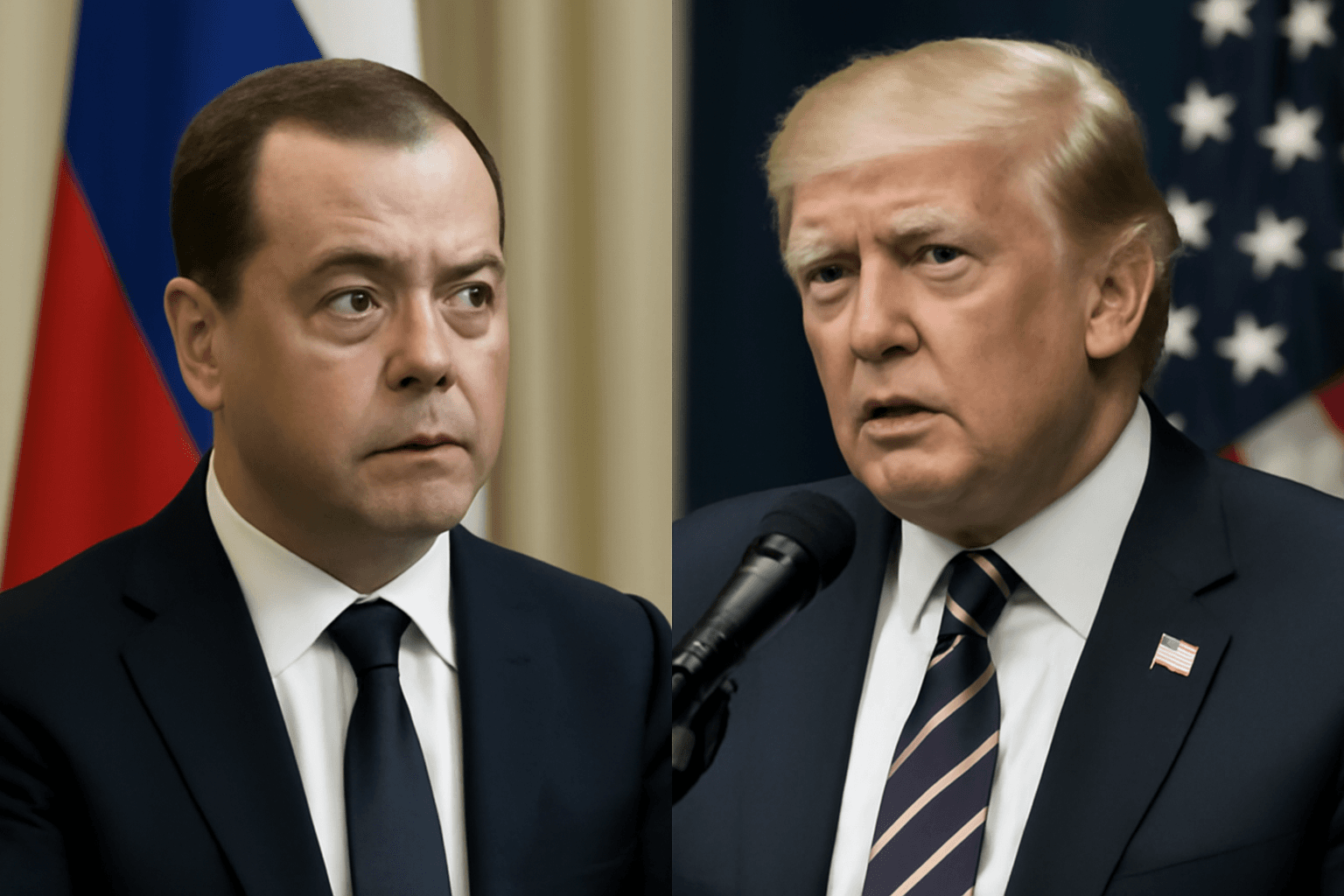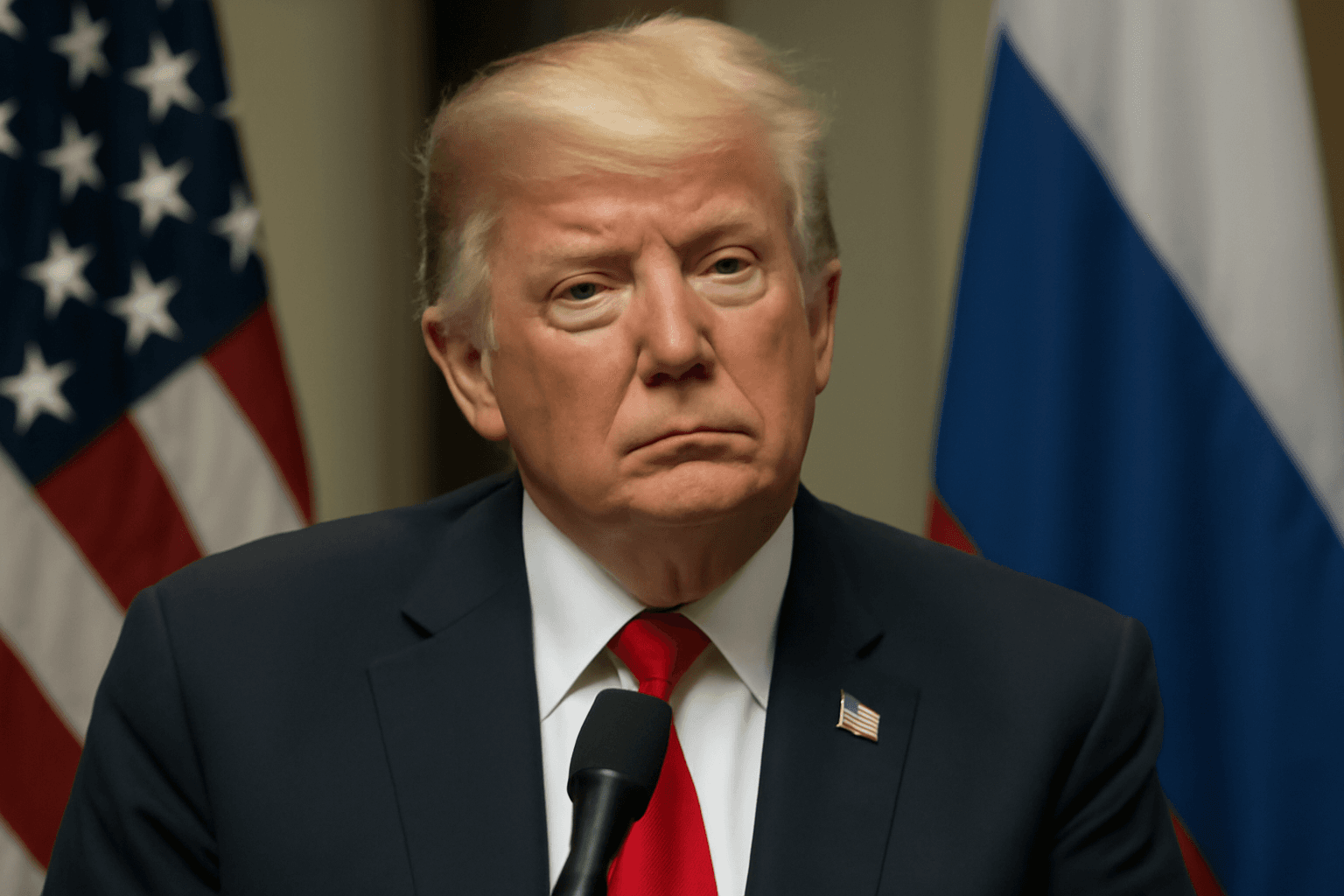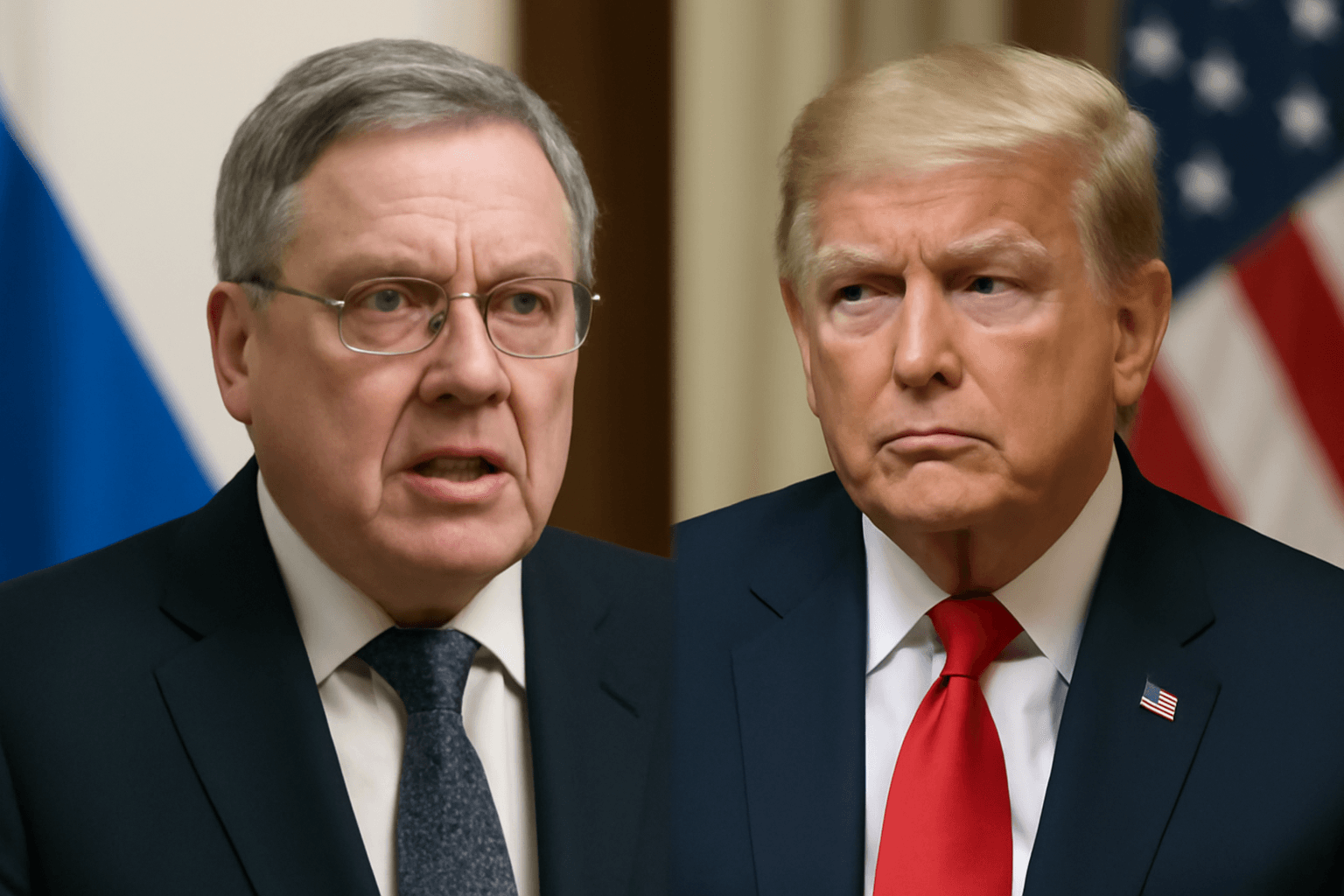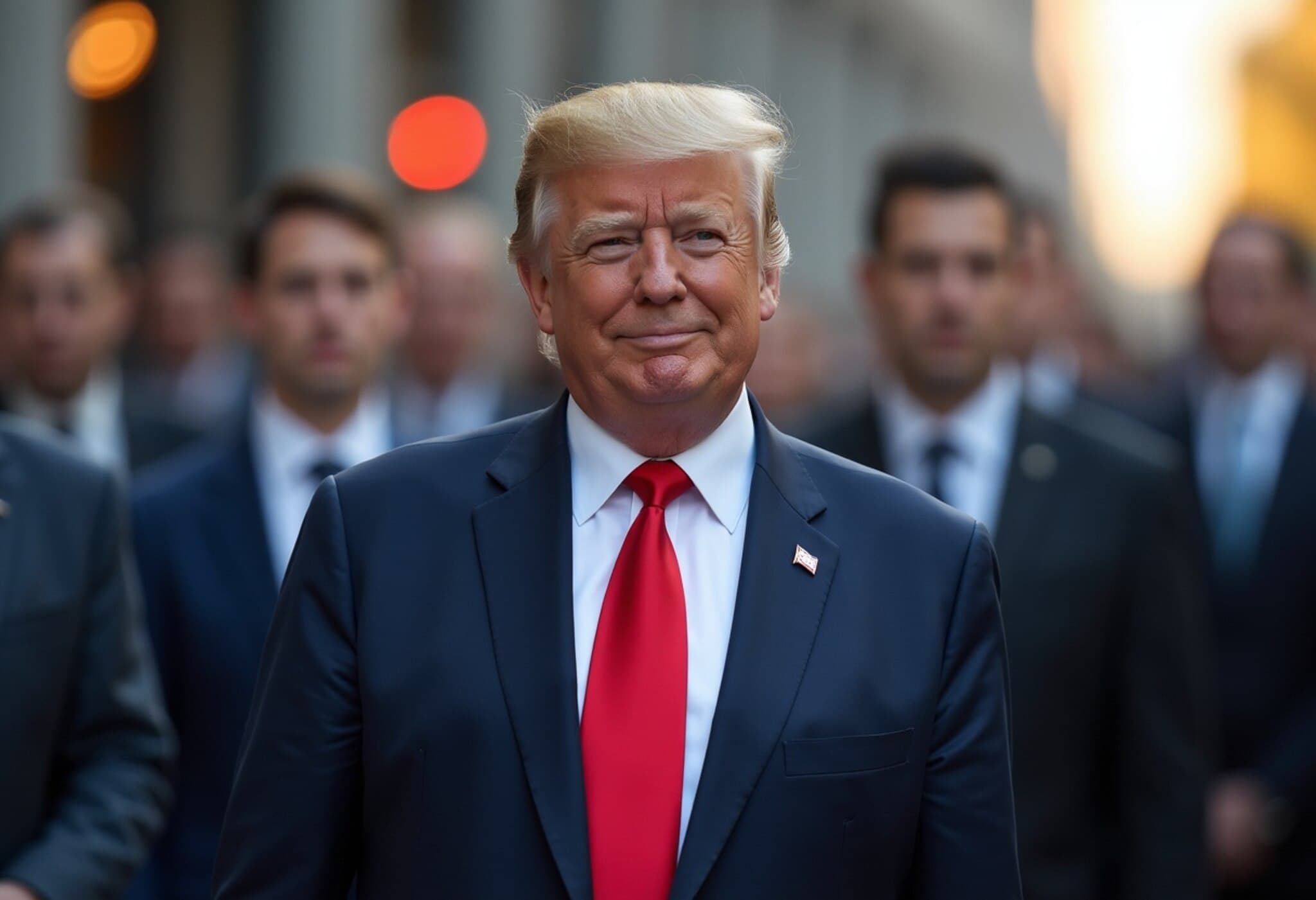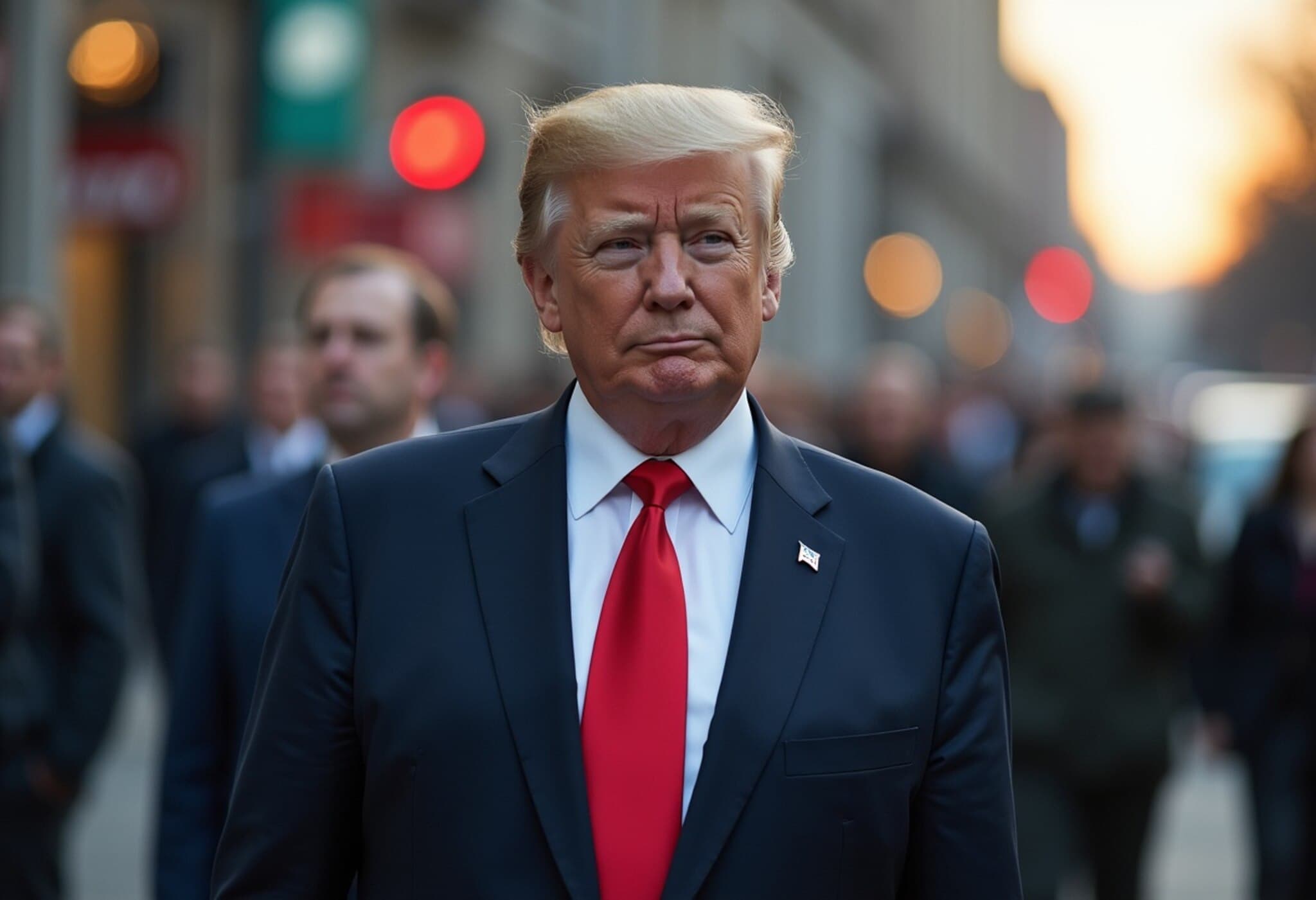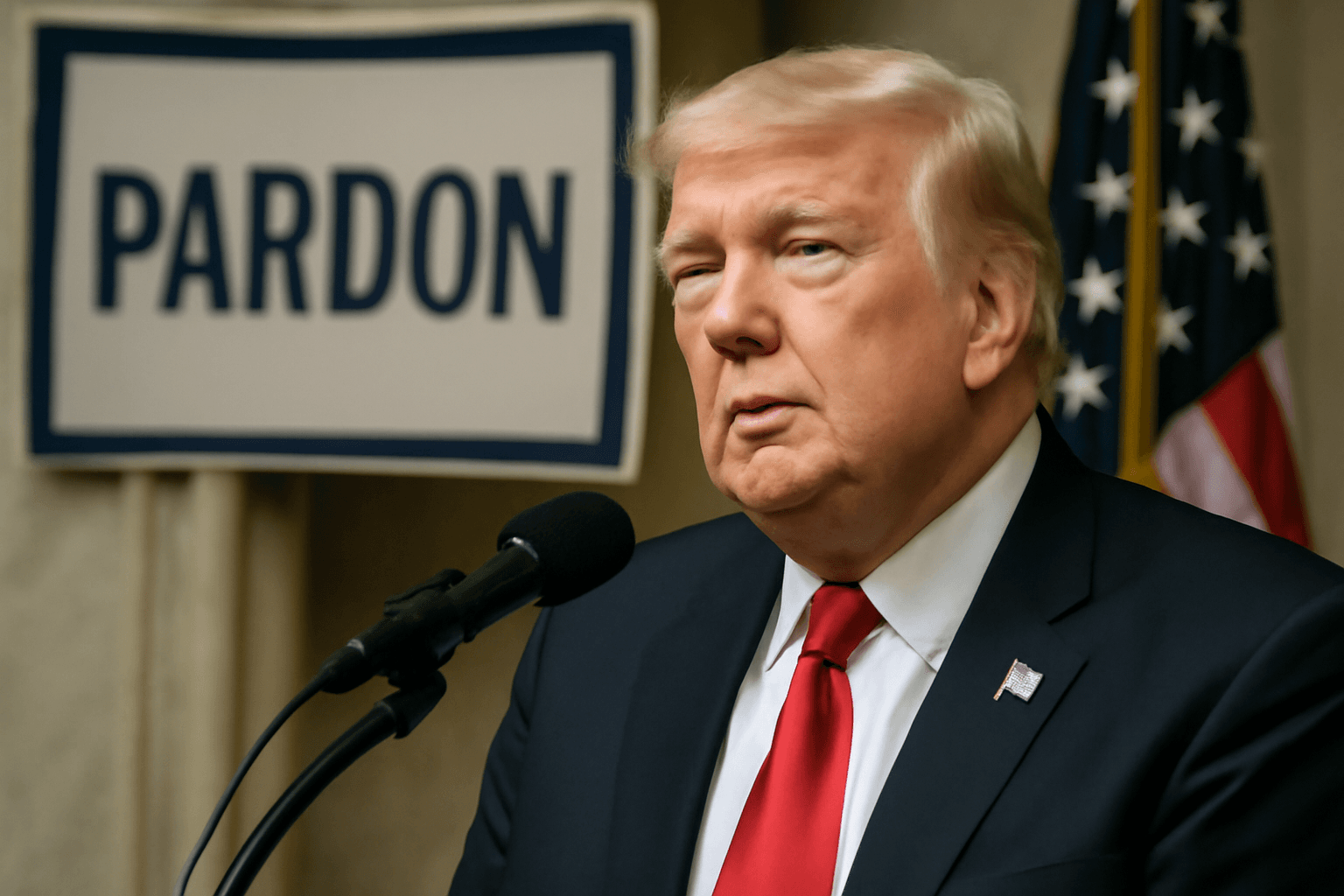White House advisers and Republican members of Congress are intensifying efforts to persuade President Donald Trump to implement new sanctions on Russia in response to President Vladimir Putin's ongoing military actions in Ukraine.
For several months, Trump has resisted imposing additional penalties, citing a hope for diplomatic progress with Putin and skepticism about the efficacy of sanctions. He perceives sanctions as potentially harmful to ceasefire prospects in the protracted conflict, which has now lasted over three years.
Despite this, aides indicate that Trump’s frustration with Putin has grown in recent days following an escalation of Russian attacks. Senior White House officials confirmed that the administration is actively considering a range of economic sanctions targeting Russia's banking and energy sectors, with implementation pending the president’s authorization.
One notable proposal comes from a bipartisan Senate bill introduced by Republican Lindsey Graham and Democrat Richard Blumenthal, which would impose a 500% tariff on goods imported from countries that purchase Russian oil. Some advisers view this legislation as a means to impose consequential sanctions while allowing Trump to maintain communication channels with Putin by attributing the decision to Congress.
Further, there is growing consensus within the administration that secondary sanctions—aimed at countries conducting business with Russia, not just Russia itself—are critical for meaningful pressure.
Senators Chuck Grassley and Lindsey Graham, both Trump allies, emphasized the urgency of increasing pressure on Putin. Grassley stated, “I believe President Trump was sincere when he thought his friendship with Putin would end the war. Now, it’s time for sanctions strong enough so Putin knows 'game over.’”
Trump initially assumed he could resolve the Ukraine conflict swiftly upon taking office but has since acknowledged its complexity. After a recent two-hour call with Putin, he expressed hope for ceasefire negotiations; however, the subsequent intensification of Russian drone and missile strikes caused Trump to denounce Putin’s actions and reconsider the sanctions stance.
In remarks from the Oval Office, Trump explained his reluctance to impose sanctions, noting concerns that such measures could hinder potential peace talks. He awaits Russia’s updated peace proposal to determine the administration’s next steps.
While Trump has threatened sanctions previously, he has refrained from enacting them. The bipartisan push in the Senate and a companion bill in the House indicate legislative momentum, despite comparatively weaker support among House Republicans for Ukraine aid.
Meanwhile, the European Union has escalated its sanctions regime, recently targeting over 130 Russian entities, including major energy firms.
U.S. officials have expressed approval of the EU’s measures and are preparing to act decisively should the president authorize new sanctions.

